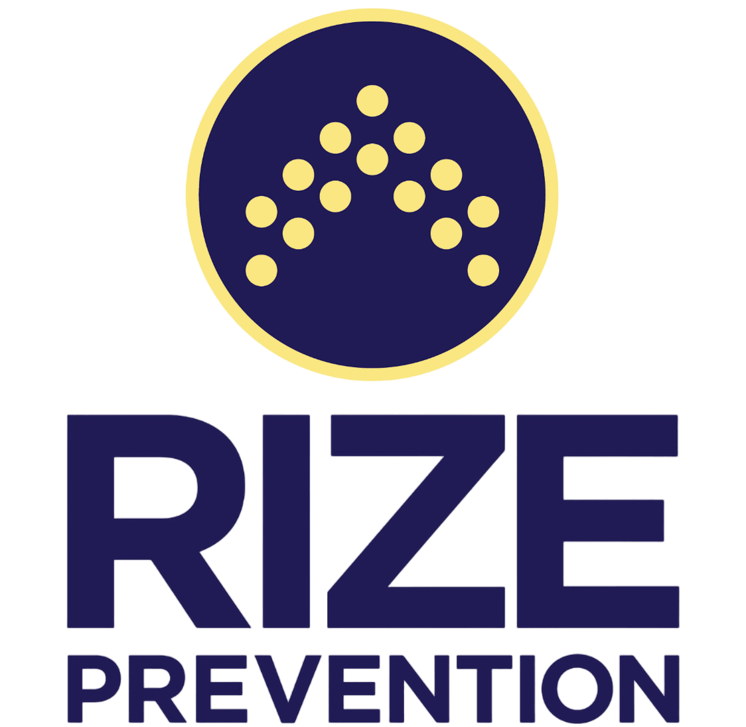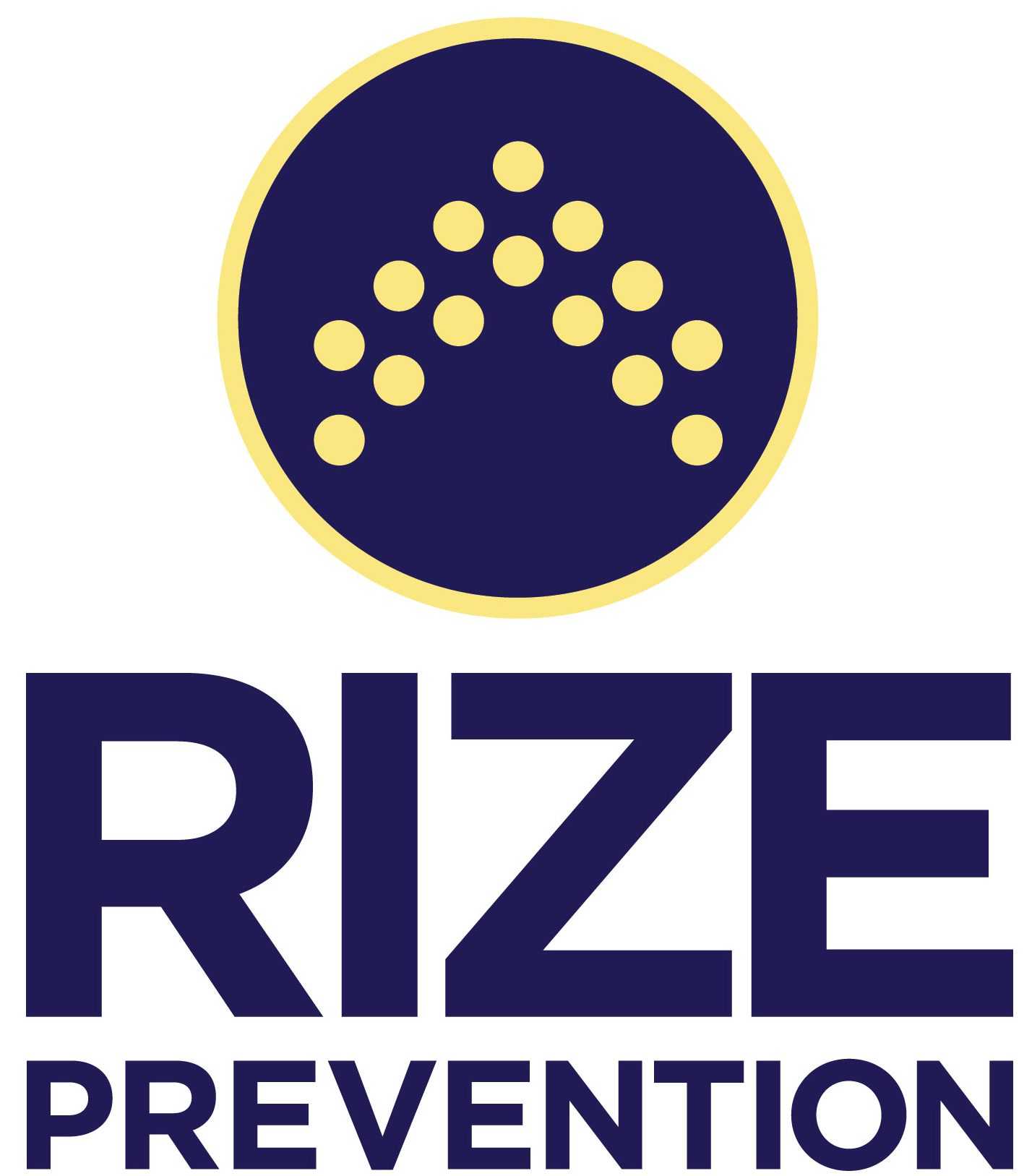A recent study reveals a growing and deadly connection between alcohol consumption and cancer in the United States. Over the past three decades, alcohol-related cancer deaths have doubled, rising from 11,896 in 1990 to a staggering 23,207 in 2021.
This increase has disproportionately affected men—with a 70.2% rise—and adults aged 55 and older. Researchers point out that even low to moderate alcohol use can increase cancer risk, especially for individuals with underlying health conditions such as obesity, diabetes, or high cholesterol.
Alcohol is not just a risk factor—it is a Group-1 carcinogen, according to the International Agency for Research on Cancer. That puts it in the same category as tobacco and asbestos. The cancers most closely tied to alcohol use include those of the liver, breast, colon, esophagus, throat, larynx, and mouth.
Liver cancer, in particular, stands out as the most significant threat for older adults, especially men. Researchers suggest that biological differences, long-term drinking habits, and other high-risk behaviors contribute to the elevated risk among men.
Geographic differences also play a role. States with higher drinking rates, like Washington D.C., show far more alcohol-related cancer deaths than places like Utah, which has the lowest rate in the country.
Public health experts, including the U.S. Surgeon General, are now pushing for warning labels on alcoholic beverages—similar to those on cigarettes—to help educate the public about these risks.
This study is a wake-up call. Prevention efforts must include honest conversations about alcohol’s impact on long-term health, especially its connection to cancer. Awareness is the first step in empowering people to make healthier choices.
Read the full article here:
https://abcnews.go.com/US/cancer-deaths-tied-alcohol-rising-fast-study-finds/story?id=122087654

